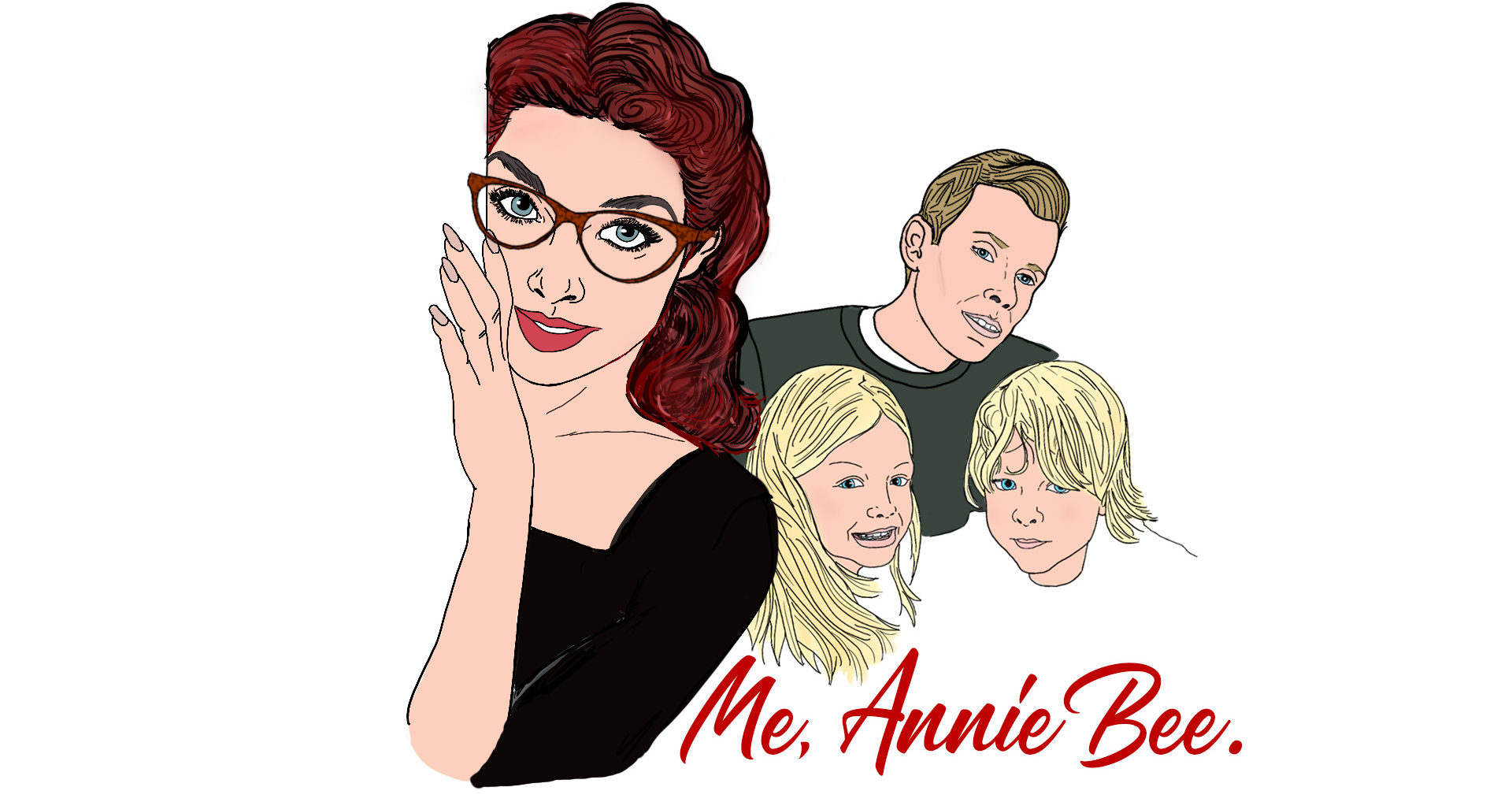
Common Problems That Affect Your Sleep (And How To Overcome Them)
Getting a good night’s sleep is top of everyone’s list at the end of a hard day. But for many people, dozing off into restful sleep isn’t as easy as it sounds.
Many conditions can change your sleep patterns. And they can affect anyone at any time in their lives. Having a disorder or disease that makes sleep hard can affect your whole life, physically and mentally.
Understanding sleep disorders can help us overcome them and find better sleep rituals.
What Is A Sleep Disorder?
For a lot of people, problems sleeping can be caused by sleep disorders. A sleep disorder is defined as a condition that frequently impacts the quality or length of your sleep. It’s normal to experience problems sleeping in your lifetime. Whether that’s from stress, illness, or another temporary interruption. On the other hand, sleep disorders mean you regularly have problems getting to sleep or staying asleep. And they affect the way you feel the next day.
A sleep disorder is more than just feeling sleepy the next day. They can take a toll on every part of your life, and not facing them will only exacerbate problems. Because quality sleep is a necessity.
Thankfully, you don’t have to just put up with a sleeping problem. There are lots you can do to identify the cause and work to overcome the problem.
Common Sleep Disorders
Even though we all have problems sleeping sometimes, many people struggle with disorders that are the root cause of their issues. Here are a few common conditions that might be keeping you from dozing off.
Insomnia
Insomnia is the inability to get quality sleep or even get to sleep at all. It can be caused by a vast range of factors, from stress and medications to a health condition or your coffee addiction. Insomnia can also be a result of mental health issues like depression and anxiety.
Relaxation techniques can help sufferers of insomnia alongside support from medical professionals.
Sleep Apnea
Sleep Apnea is a common sleep disorder where your breathing stops during sleep, jerking you awake. You might not remember waking up, but it will leave you feeling exhausted the next day.
Thankfully, it is treatable. Medical devices like CPAP machines can help you see the night through without sleep disturbances. And if you have any problems with your medical device, it makes sense to approach your GP and quality lawyers like rosenfeldinjurylawyers.com. They help you get compensation for defective medical devices that put your health at risk.
Restless Legs Syndrome
Restless legs syndrome (RLS) can be debilitating. This sleep disorder causes an urge to move your arms and legs at night. It creeps up when you’re lying down and is due to tingling or aching sensations in your limbs. But like all sleep disorders, it is manageable.
Overcoming Sleep Problems
When you’re experiencing problems with your sleep, it feels like they’ll last forever. And that you’re the only one struggling. But know that you’re not alone, and all disorders are treatable. So before opting for medications, try these self-help tips that might just get you dozing off into natural slumber.
Track Your Symptoms
The first step to overcoming problems is to face up to them. Once we understand what’s happening, we can figure out the best course to improve the issues. For example, track the symptoms you have when sleep is elusive. And make a note of what you did during the day. You might find the answer to your issues in bad daytime routines that can be quickly resolved.
Improve Your Habits
No matter the reason for your sleep problems, improving your habits will help. Keep to a consistent sleep schedule to allow your body to learn when it’s time to drift off. Regular daytime exercise will help you feel sleepier, and meditation can relax a troubled mind before settling down. Focussing on reducing stress will lead to a better sleep schedule.
Create A Relaxing Routine
The key to sleeping better is having a relaxing bedtime routine. Prepare your mind and body for sleep by creating a dark, quiet and cool environment. Avoid heavy meals and blue light screens before bed. Opt for a warm bath or a good book before you sleep to wind down quietly.
Sleeping better and overcoming disorders is about creating a relaxing space for your mind and body. But if your issues are severe or ongoing, head straight to the doctors’ office. Many things can be overcome with healthier routines, but some problems need a helping hand from professionals.
Share the love.
Related
You May Also Like

It’s the most wonderful time of the year…
December 22, 2016
Five Places You Must Visit In Milan.
November 1, 2021



